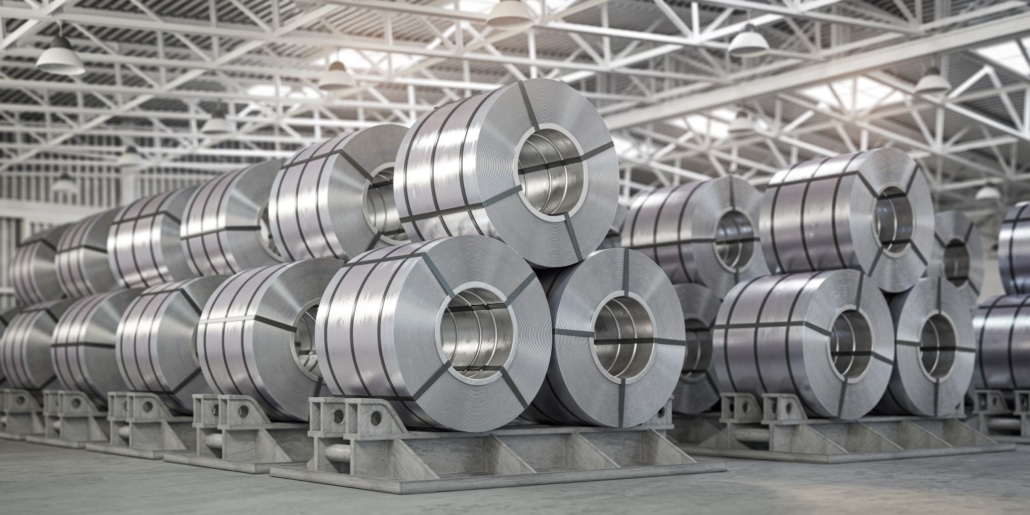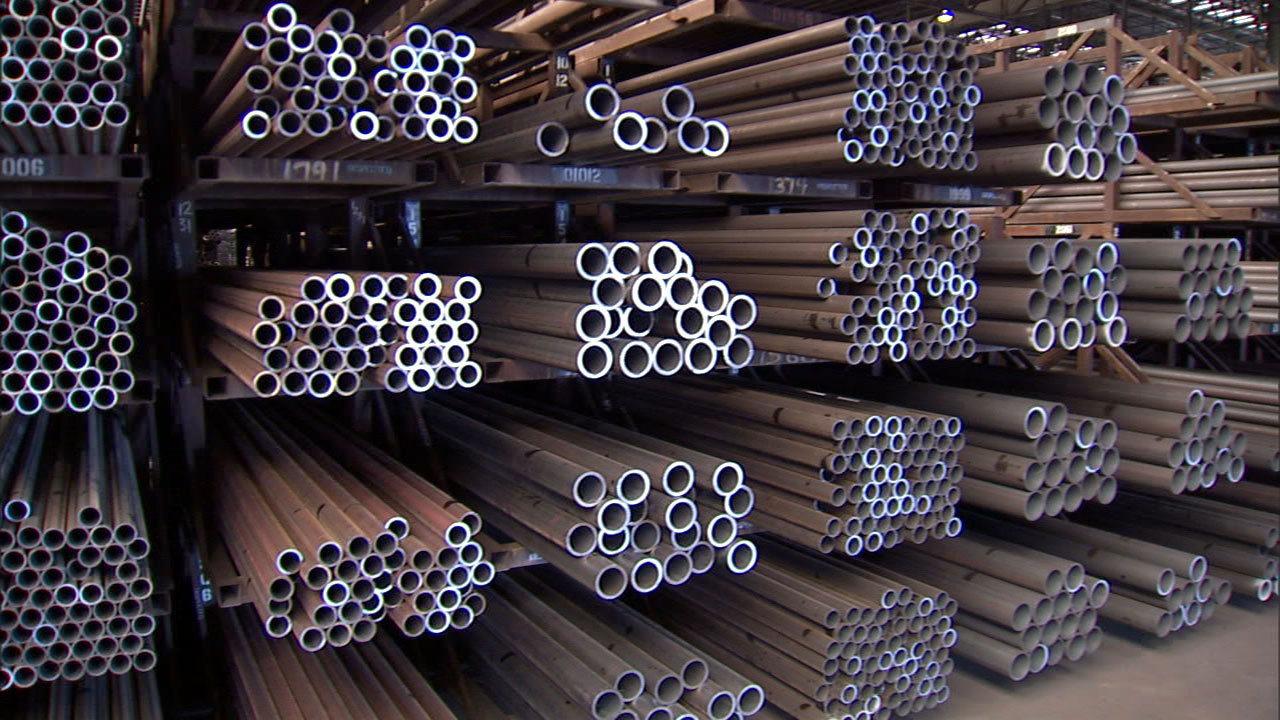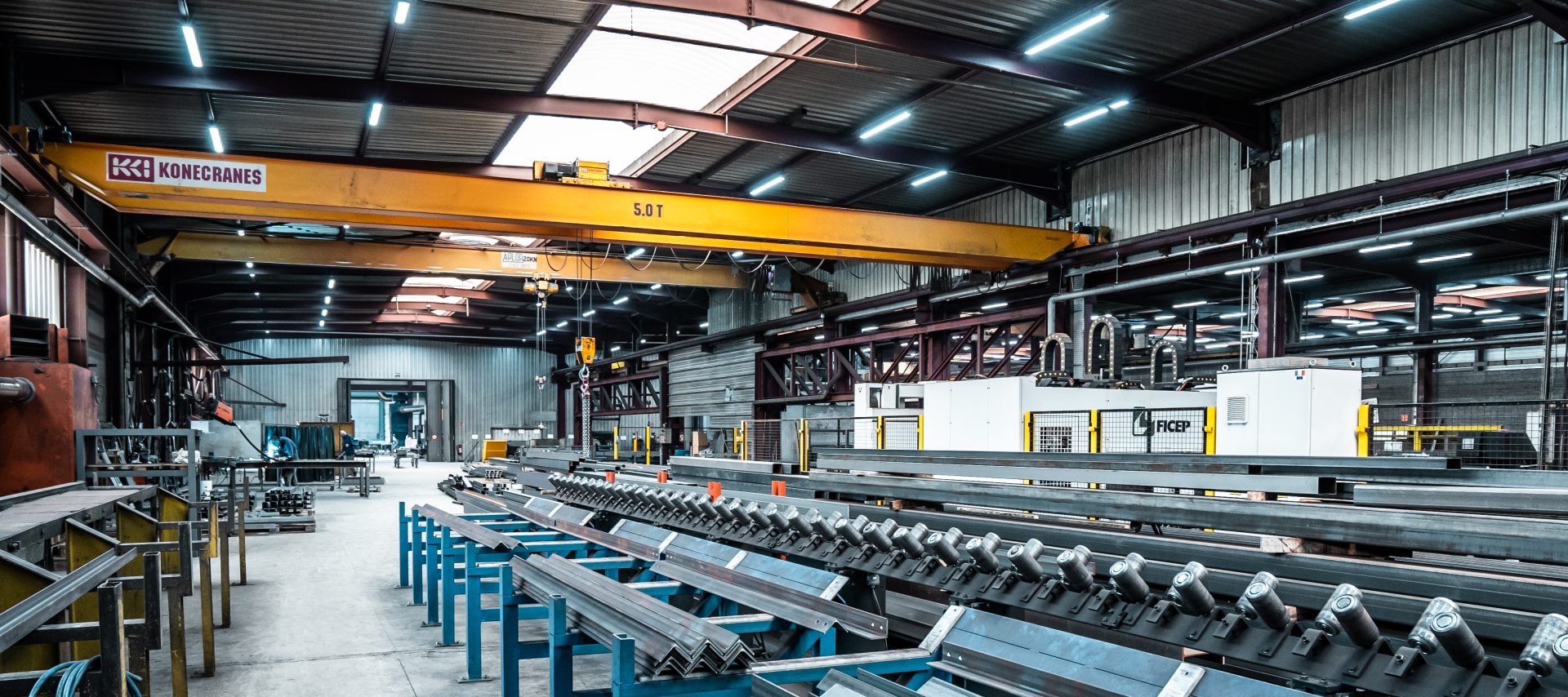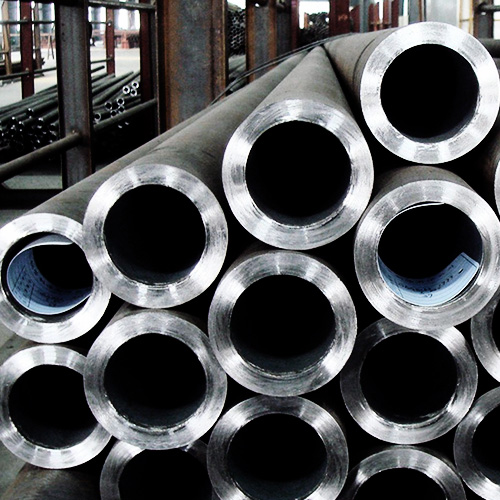BMS Metal Specifications: A Comprehensive Guide
What Are BMS Metal Specifications?

BMS (Boeing Material Specifications) metal specs are standardized guidelines used specifically in the aerospace industry, particularly for materials and components used in Boeing aircraft. These specifications ensure that materials meet the stringent quality and performance requirements for aerospace applications.
Figure 1: Overview of BMS Metal Specifications
Importance of BMS Metal Specifications

BMS metal specs are essential for maintaining the high standards required for aerospace components. By adhering to these specifications, manufacturers can ensure that their materials are reliable and perform well under the demanding conditions of aerospace environments.
Figure 2: The Importance of BMS Metal Specifications in Aerospace
Types of Materials Covered by BMS Specifications

- Metals: Includes various alloys and metals used in aerospace applications.
- Composites: Specifications for advanced composite materials used in modern aircraft.
- Specialty Materials: Covers specialized materials unique to Boeing’s requirements.
Figure 3: Types of Materials Covered by BMS Specifications
How BMS Specifications Ensure Quality

BMS specifications define detailed requirements for material properties, processing, and testing. This ensures that all materials used meet Boeing’s stringent standards for quality and performance, leading to reliable and safe aerospace components.
Figure 4: How BMS Specifications Ensure Quality
Benefits of Using BMS Specifications

Adopting BMS metal specs provides numerous advantages, including:
- Consistency: Guarantees uniformity in material properties across different suppliers.
- Reliability: Enhances the safety and performance of aerospace components.
- Compliance: Meets Boeing’s specific regulatory and industry requirements.
Figure 5: Benefits of Using BMS Specifications
Learn More About Other Metal Specifications
In addition to BMS, there are other important material specifications used across various industries. You can explore the following specifications to understand their impact and applications:
Conclusion
BMS metal specifications play a critical role in ensuring the quality and performance of materials used in aerospace applications. By understanding and applying these specifications, manufacturers can produce high-quality, reliable, and safe components that meet the rigorous demands of the aerospace industry.
